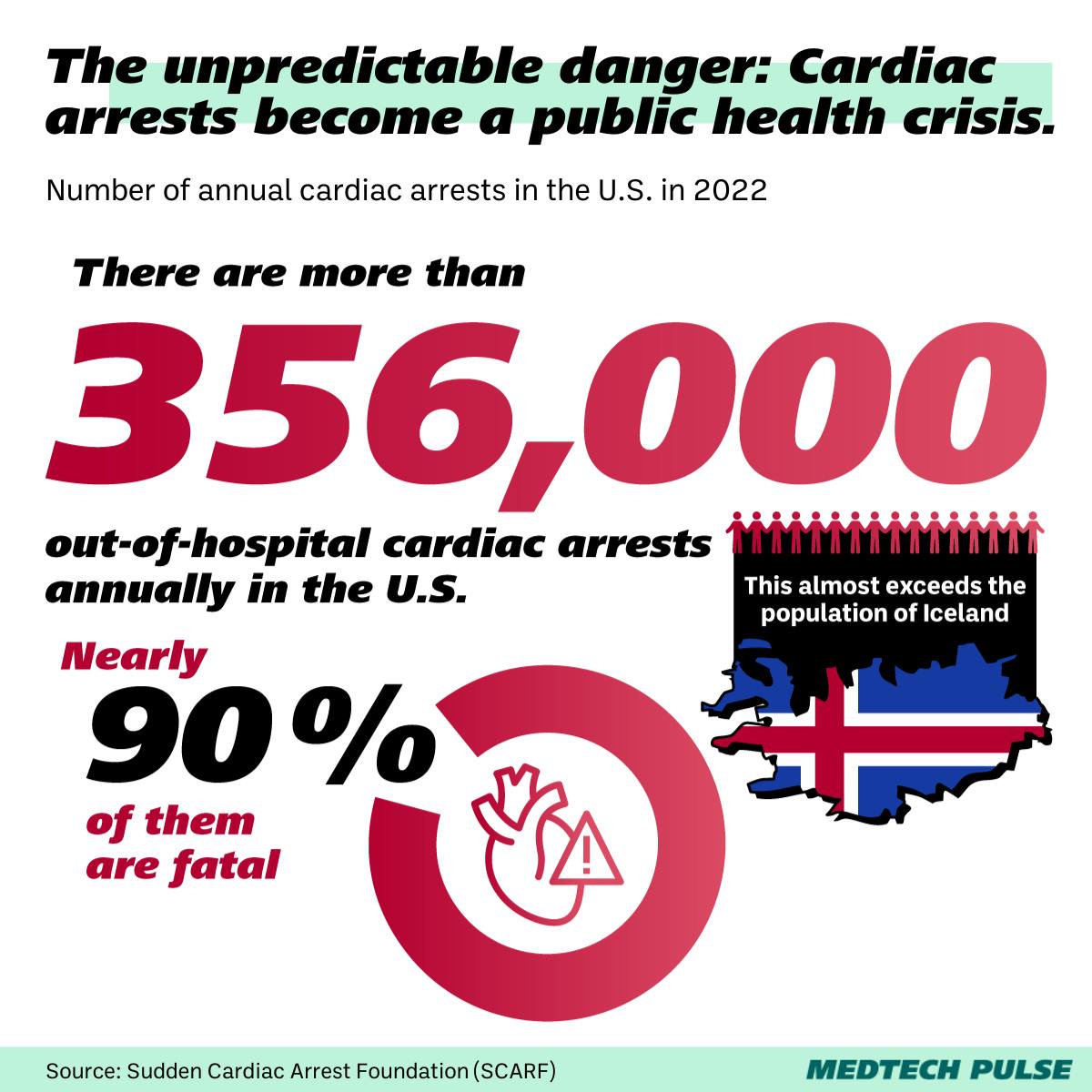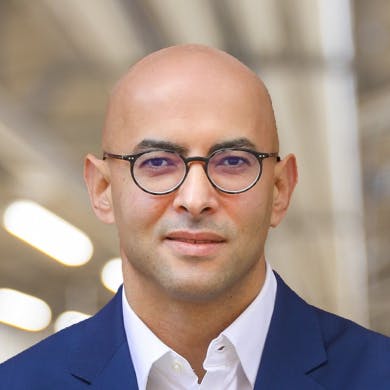AI takes on locked-in syndrome and heart disease
“You sit down to dinner and life as you know it ends.”
This famous quote from writer Joan Didion encapsulates her experience with her husband’s sudden death. He passed from a heart condition while the two of them ate dinner.
If you or someone you love has been impacted by a heart condition, this quote probably strikes a nerve. Heart disease is one of the most terrifying health issues because it can strike just like that. In the blink of an eye and without much—if any—warning.
As you’ll read in the lead Insight I have for you this week about an algorithm helping screen for hypertrophic cardiomyopathy, cardiac screening can be challenging. Many heart conditions don’t rear their heads with telltale signs until it's too late.
Yes, most heart attack or cardiac arrest victims are older. Yet, more and more stories of young and athletic people suffering cardiac episodes have prompted the healthcare world to reassess how—and who—we screen for these conditions.
In the U.S., some lawmakers are even taking this questioning to the next level, recommending or even requiring student-athletes to be informed of EKG screening for cardiac arrest risk.
To me, that sounds like a good idea. We can empower young people and parents with health information that can help them live healthier and better lives. That goal aligns with why many of us in medtech do what we do: To foster a healthier future world.
Plus, the data seems to point to an underdiagnosis problem, particularly in young student-athletes. One study found that sports-related sudden cardiac arrests (SCA) accounted for 39% of SCAs in the under-18 population. This is compared to a rate of 13% and 7% in the 19-25-year-old and 25-34-year-old populations, respectively.

However, official bodies like the U.S. Preventive Services Task Force continue to recommend against this practice, which begs the question of why. If young people can be spared unpredictable, debilitating health events, should we not do everything in our power to do so?
One reason for this resistance is an elephant in the room. To use another metaphor, there’s a specter haunting cardiology: overuse. And after all, if a study of thousands of middle and high school student-athletes found high-risk cardiovascular conditions in under 2% of them, was it really worth screening and worrying the remaining 98%?
In my opinion, the answer is a resounding yes.
Even when screening test results come back negative, that individual and family walk away with heightened awareness of a medical condition. That information may someday help save their—or someone else’s—lives. Plus, with ECG testing being relatively inexpensive and painless, the potential benefits far outweigh the downsides.
Of course, as we’ve discussed in MedTech Pulse before, the same question continues to come up again and again with cancer screening. Where screening is often more cumbersome, uncomfortable, or even expensive.
Recently, a viral meta-analysis led media outlets to criticize current cancer screening protocols due to the harm caused by false negative results. Similar arguments have been levied against whole-body screening startups.
But I was struck by a response to this criticism from physician (and former CMS MEDCAC Chair) Peter B. Bach. His opinion piece evaluating the study’s methods and assumptions emphasized how comparing the population-level benefits and harms required a different approach than the study authors took—a study with more power.
In other words, evaluating screening efficacy is not so simple. The tradeoff math is challenging. At the same time, it’s math worth doing, so that we don’t accept any status quo in our field without rigorous evaluation.
But as Bach says, broadly dismissing screening is harmful in itself. We need to be getting more people screening—and screening early—especially as rates of regular preventive health screenings ticked down in 2020.
We cannot allow more barriers between patients and health screening to crop up. We can’t let more life-saving preventive services be put behind a diagnostic hurdle—or a paywall.
Our healthy futures are worth far more than that.
